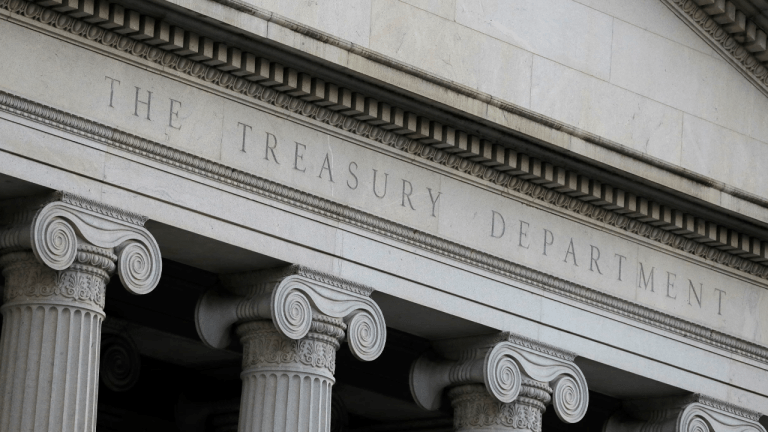A federal appeals court has ordered the U.S. Securities and Exchange Commission (SEC) to more thoroughly explain its refusal to set out clear cryptocurrency regulations, a move coming just days before President-elect Donald Trump’s inauguration and amid a wave of newly elected pro-crypto lawmakers in Congress.
The U.S. Court of Appeals for the Third Circuit ruled this week that the SEC’s rejection of Coinbase’s request for explicit crypto guidelines was “arbitrary and capricious,” calling on the agency to provide a detailed rationale.
Political Shake-up Fuels ScrutinyThe ruling arrives at a pivotal moment in Washington, where Trump’s imminent return to the White House and the rise of crypto-friendly representatives on Capitol Hill have renewed calls for regulatory clarity. Observers say a more supportive posture could emerge under the incoming administration as well as from congressional committees seeking to foster innovation.
“The court’s decision underlines the urgency for Congress and the SEC to harmonize their approaches,” said Paul Grewal, Chief Legal Officer at Coinbase. “Industry participants need well-defined rules to drive responsible growth and protect investors.”
Gensler Era Winding DownCurrent SEC Chair Gary Gensler, whose term ends on January 20—the same day Trump is sworn in—has been criticized by industry leaders for “regulation by enforcement,” with claims that vague directives and selective lawsuits harm both innovators and investors. While Gensler has maintained that existing securities laws already cover most crypto assets, the court found the agency’s explanations lacked substance.
The SEC has also sustained several legal setbacks in recent months, including a separate ruling that challenged its approach to cryptocurrency oversight. “It’s becoming clear that the SEC’s refusal to articulate clear guidelines stifles innovation,” said Stuart Alderoty, Chief Legal Officer at Ripple, reacting to the latest court decision.
Potential Shift Under New LeadershipPresident-elect Trump has tapped Paul Atkins, a former SEC commissioner known for advocating a more business-friendly stance, as Gensler’s potential successor. Atkins’s nomination, combined with a changing balance of power in Congress, could lead to a re-evaluation of the SEC’s crypto posture. Several new lawmakers won seats on promises to champion digital asset regulation and foster growth in the blockchain sector.
Industry insiders anticipate a more collaborative tone, citing a possible shift away from stringent enforcement toward a framework that addresses transparency, investor protection, and market stability. “We expect the SEC’s next chair to strike a better balance,” said a congressional aide familiar with ongoing discussions.















